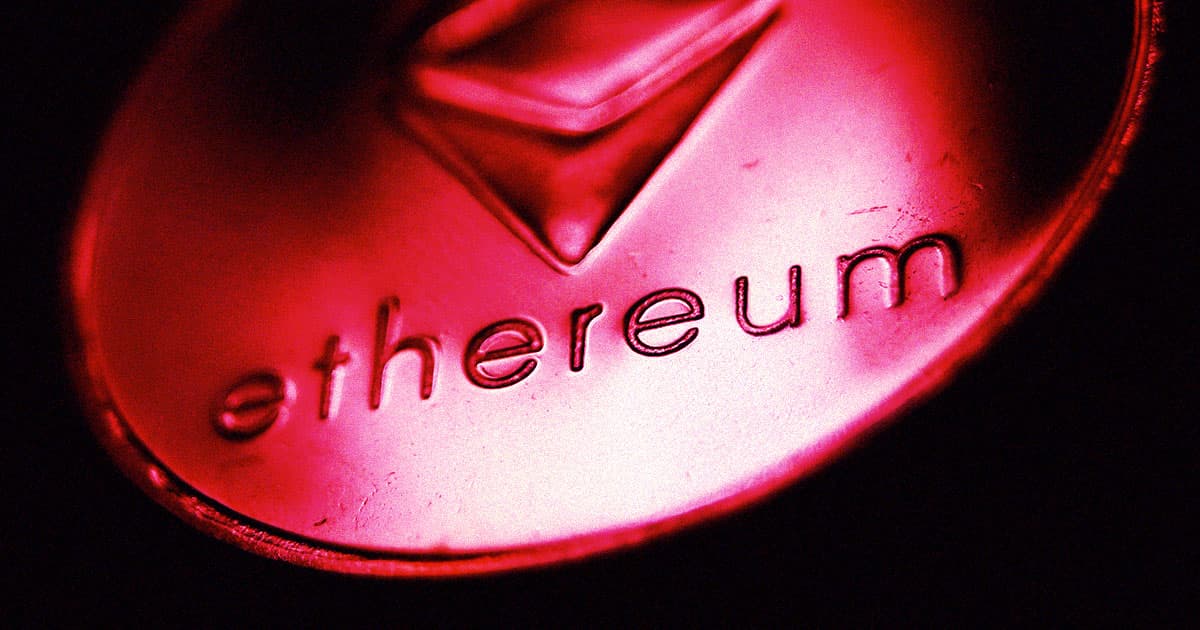Ethereum, the second-largest cryptocurrency by trading volume, has officially switched from a proof-of-work to a proof-of-stake system, a major upgrade called "the Merge" that dramatically cuts its carbon footprint by cutting out the role of crypto miners.
But the change may have had another unintended consequence: regulators are now pondering whether they should treat ether as a security following the merge, which has pushed the price of ether down as investors get cold feet, Gizmodo reports.
If a crypto like ether were to be deemed a security, Ethereum would have to abide by the laws and file extensive disclosures to the SEC, while also facing strict liabilities, as The Wall Street Journal reported last week.
In other words, the stakes — no pun intended — couldn't be higher. The merge could result in a paradigm shift for the blockchain community, or a turning point in how crypto is treated in the US.
Instead of verifying transactions on the token's blockchain by solving increasingly complex mathematical problems, those who already hold ether can "stake" their investments to do the same thing.
But by staking their investments, the thinking goes, they're treating the holdings more like a security — which has now drawn the attention of the powerful Securities and Exchanges Commission.
"From the coin’s perspective... that’s another indicia that under the Howey test, the investing public is anticipating profits based on the efforts of others," SEC chairman Gary Gensler said last week, as quoted by the WSJ.
The Howey test is used to determine whether an investor expects to earn a return from work being done by third parties. If that were to be the case, the asset is deemed a security.
By allowing investors to stake their investments, it "looks very similar — with some changes of labeling — to lending," Gensler said.
Lawmakers are now debating whether they should sign a proposed crypto bill that would grant the Commodity Futures Trading Commission (CFTC), an independent federal agency, the power to regulate digital commodities, according to the WSJ.
If the bill were to pass, mainstream crypto exchanges including Coinbase would have to register with the CFTC and disclose many new details about how they do business.
But opponents of the bill argue the CFTC doesn't know how to best regulate the space, the WSJ reports, citing a lack of resources and experience.
In short, there's a growing conversation surrounding how regulators should treat crypto, which so far have enjoyed a largely uninterrupted regulatory landscape, or "Wild West," as Gensler once described it last year.
The interesting question now: whether the Ethereum merge could alter that landscape once and for all.
READ MORE: Ethereum Plunges After SEC Chair Says ‘The Merge’ Could Make Crypto a Security [Gizmodo]
More on the merge: Miners Forked Ether So They Can Still Pollute After the Merge
Share This Article
